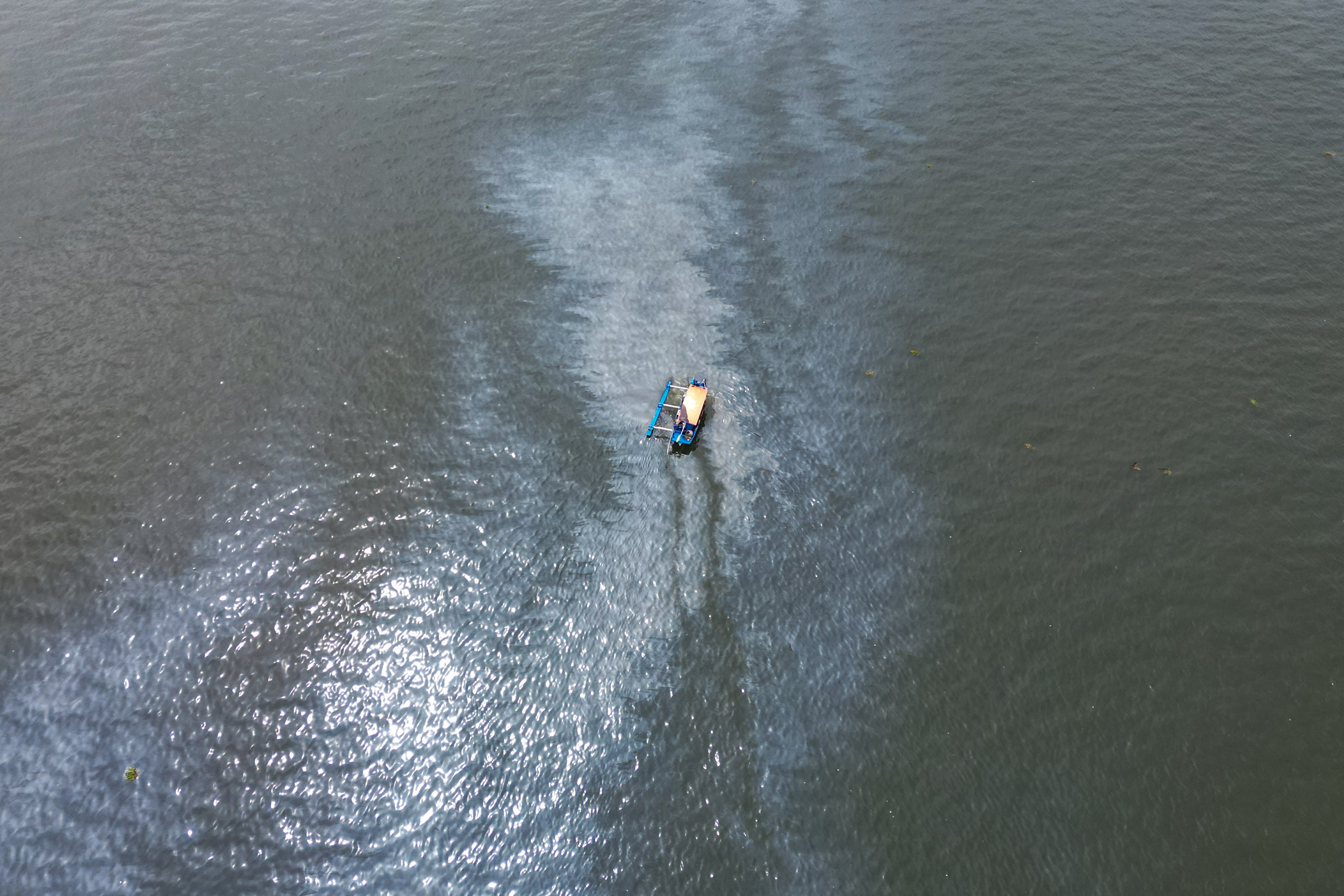
TANZA, Philippines - An oil spill from a marine tanker that capsized off the coast of Manila Bay in the Philippines has reached the shores of a nearby fishing village, threatening the health and livelihood of fishermen, as efforts began to mop up the fuel.
MT Terra Nova was carrying 1.5 million liters of industrial fuel when it sank in rough seas off the coast of Limay in the province of Bataan, west of the Philippine capital, on Thursday. One member of the 17-strong crew was killed.
Fishermen in the town of Tanza in Cavite province, south of Manila, were in distraught after the oil slick landed on the town's shores and they reported smelling a foul odor.
ALSO READ: Second oil tanker sinks west of Philippine capital
"This oil spill will have a big effect on us fishermen because we rely on the sea and it has been affected by the oil," said 48-year-old Renan Honsana.
"We would need to sell our catches very cheap because people would not buy it. Where can we get our livelihood except to this sea," Honsana added.
The Philippine coastguard said it has sealed the leak from the capsized tanker and would start siphoning the oil out to prevent more fuel from leaking out. It surveyed the waters of Limay, Bulacan and Cavite by air and observed "minimal oil sheen".
Officials were investigating whether the sinking was related to Typhoon Gaemi, which intensified monsoon rains in the Philippines, triggering floods and landslides that killed at least 36 people.
READ MORE: One missing, oil spill after tanker capsizes off Philippines
An oil spill from tanker MT Princess Empress, which was carrying about 800,000 liters of industrial fuel when it capsized and eventually sank in February last year, took three months to clean up, affecting tourist towns.


